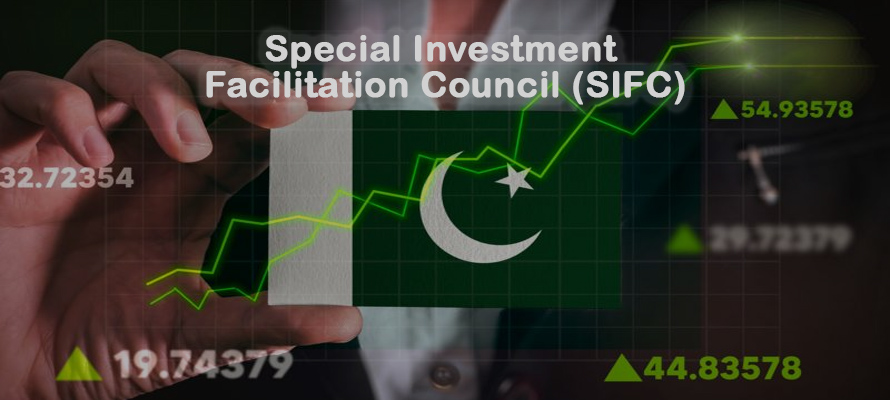On Wednesday, the government provided detailed information about the funds received through the China-Pakistan Economic Corridor (CPEC) in the National Assembly. Officials from the Ministry of Planning, Development, and Special Initiatives revealed that 43 projects worth around $24.7 billion have been completed with China’s cooperation under CPEC. Additionally, eight ongoing projects totaling $759.56 million are currently in progress.
The details were shared in response to a question from Tahira Aurangzeb during the Question Hour. The ongoing projects span several provinces: two in Balochistan, two in Khyber Pakhtunkhwa, one in Sindh, one in Punjab, and one in Islamabad, with one project covering the entire country.
In Balochistan, the ongoing projects include the Infrastructure of Gwadar Free Zone Phase-II, funded through Foreign Direct Investment (FDI), and the Bostan Special Economic Zone, a public-private partnership (PPP). Khyber Pakhtunkhwa’s projects include Rashaki Special Economic Zone with FDI/PPP funding of $146 million, and the renovation of 50 schools in newly merged districts, funded by a Rs15.7 million grant. Sindh’s project involves the Dhabeji Special Economic Zone with a $27 million private investment/PPP model, while Punjab is focusing on Allama Iqbal Industrial City (AIIC), receiving Rs160 million in ADP assistance. Islamabad’s project, the Bacerial Grass (Juncao) Training and Promotion Project, is funded with a $3.66 million grant, and a nationwide project focuses on the rehabilitation and reconstruction of flood-affected infrastructure, with a $116 million grant.
The Finance Ministry also reported that Pakistan’s Current Account Deficit (CAD) has sharply reduced by 79%, dropping to $217 million in the first two months of the current fiscal year, compared to the same period last year. This reduction is largely attributed to strong remittance inflows and stable export earnings, which have helped manage the rising import bill.
In response to another query, Parliamentary Secretary for Planning, Development, and Special Initiatives Wajiha Qamar confirmed that the Gwadar Port is operational, handling general cargo, containers, and bulk cargo. The port is capable of accommodating vessels up to 50,000 DWT and is processing shipments under the Afghanistan-Pakistan Transit Trade Agreement.
Additionally, the Ministry of Finance reported that over the past five years, Rs338 billion has been collected in advance tax from mobile phone bills under Section 236 of the Income Tax Ordinance 2001. This tax, which is adjustable, amounted to Rs50 billion in 2020, Rs55 billion in 2021, Rs61 billion in 2022, Rs80 billion in 2023, and Rs92 billion in 2024. However, the Ministry of Finance clarified that data on mobile users and average service usage falls under the Ministry of Information Technology. Furthermore, they stated that there is no differential tax treatment for beneficiaries of charitable schemes under the Income Tax Ordinance.

















































